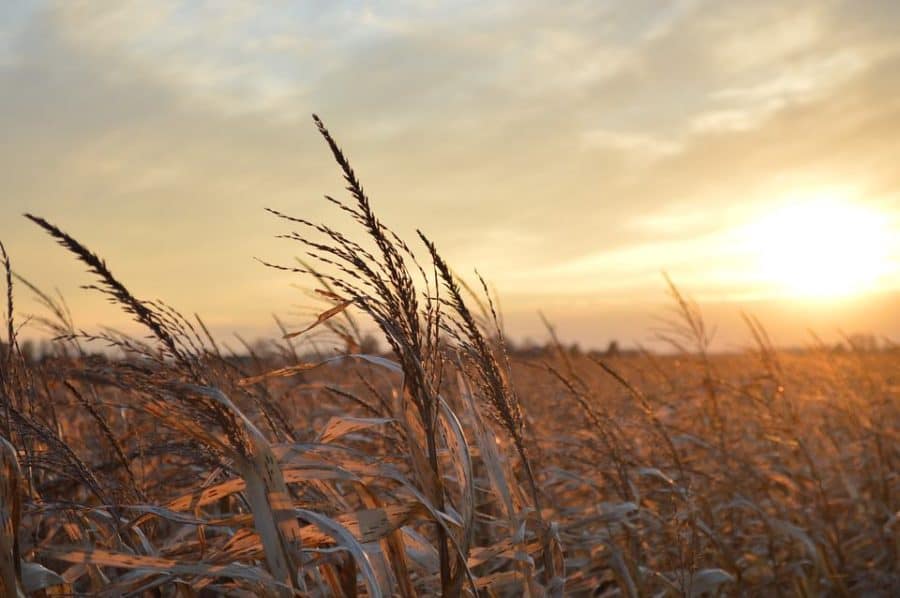Climate change is amplifying the intensity and likelihood of heatwaves during severe droughts in the southern plains and southwest United States, according to a new study by a University of Arkansas researcher.
Linyin Cheng, assistant professor of geosciences, used data from the National Center for Atmospheric Research’s Community Earth System Model to study summer droughts that occurred both before and after the Industrial Revolution. Cheng and colleagues from the National Oceanic and Atmospheric Administration and universities in China and Colorado ran simulations to assess how, and by how much, human-induced climate change affects summer heatwaves in the contiguous United States. The study was published in the Journal of Climate.
The researchers found that in places with low moisture in the soil, such as the southern plains and southwest, higher temperatures brought about by climate change led to an increased “coupling” of land and atmosphere, which further increased the severity of heatwaves. In places with more moisture in the soil, such as the northeast, they found no appreciable coupling and therefore no contribution to heatwave intensification.
“Our analysis of climate simulation finds that summertime drought-heatwave relationships change significantly over the southern and southwest U.S. due to man-made climate change since the late 19th century,” said Cheng. “By contrast, the drought-heatwave relationship over northern U.S regions undergoes little change in the warmed climate.”
The findings raise the idea of a self-reinforcing climate loop: as a region’s climate becomes more arid due to climate change, droughts become hotter, further reducing soil moisture.
“Overall, these results indicate that strengthened land-atmosphere feedback is a significant physical driver for increasing occurrences of drought-related extreme heatwaves, particularly over the semi-arid and arid regions of the United States,” the report states.
If our reporting has informed or inspired you, please consider making a donation. Every contribution, no matter the size, empowers us to continue delivering accurate, engaging, and trustworthy science and medical news. Independent journalism requires time, effort, and resources—your support ensures we can keep uncovering the stories that matter most to you.
Join us in making knowledge accessible and impactful. Thank you for standing with us!

